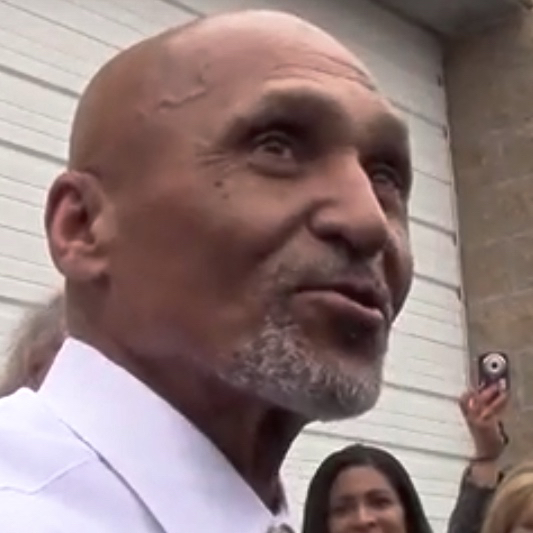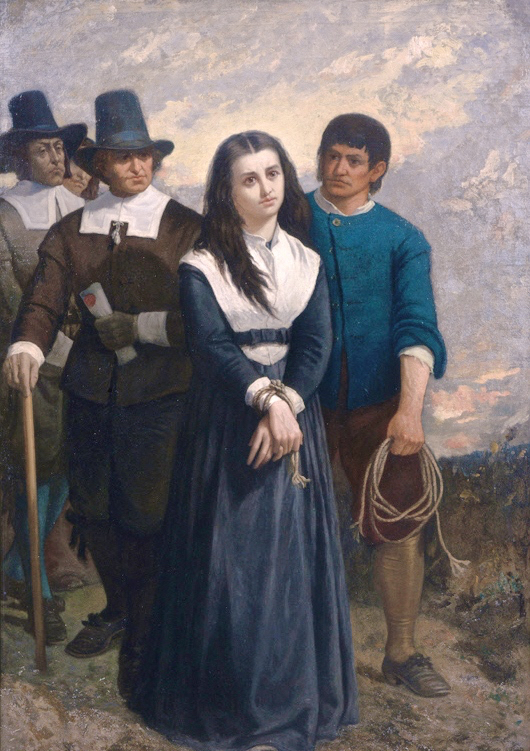Rascals case in brief
In the beginning, in 1989, more than 90 children at the Little Rascals Day Care Center in Edenton, North Carolina, accused a total of 20 adults with 429 instances of sexual abuse over a three-year period. It may have all begun with one parent’s complaint about punishment given her child.
Among the alleged perpetrators: the sheriff and mayor. But prosecutors would charge only Robin Byrum, Darlene Harris, Elizabeth “Betsy” Kelly, Robert “Bob” Kelly, Willard Scott Privott, Shelley Stone and Dawn Wilson – the Edenton 7.
Along with sodomy and beatings, allegations included a baby killed with a handgun, a child being hung upside down from a tree and being set on fire and countless other fantastic incidents involving spaceships, hot air balloons, pirate ships and trained sharks.
By the time prosecutors dropped the last charges in 1997, Little Rascals had become North Carolina’s longest and most costly criminal trial. Prosecutors kept defendants jailed in hopes at least one would turn against their supposed co-conspirators. Remarkably, none did. Another shameful record: Five defendants had to wait longer to face their accusers in court than anyone else in North Carolina history.
Between 1991 and 1997, Ofra Bikel produced three extraordinary episodes on the Little Rascals case for the PBS series “Frontline.” Although “Innocence Lost” did not deter prosecutors, it exposed their tactics and fostered nationwide skepticism and dismay.
With each passing year, the absurdity of the Little Rascals charges has become more obvious. But no admission of error has ever come from prosecutors, police, interviewers or parents. This site is devoted to the issues raised by this case.
On Facebook
Click for earlier Facebook posts archived on this site
Click to go to
Today’s random selection from the Little Rascals Day Care archives….
Click for earlier Facebook posts archived on this site
Click to go to
Today’s random selection from the Little Rascals Day Care archives….
Mumma victimized by prosecutor’s perverse priorities

newsobserver.com
Joseph Sledge
Jan. 16, 2016
“Joseph Sledge spent 37 years in prison for a crime he didn’t commit. At his trial, the state paid a lying snitch to testify against him. While he was in prison, (Jon David, the latest Bladen County district attorney) opposed the DNA testing that would eventually prove Sledge’s innocence. And when the long-delayed tests showed Sledge wasn’t the culprit, the state waited another two years to release him from prison.
“Now that Sledge is finally free, the only person being punished is the lawyer who fought to prove his innocence, Chris Mumma. On Thursday, the State Bar found that Mumma violated professional ethics by testing a water bottle for DNA without permission from its owner – all in an attempt to gain an innocent man his freedom against long odds. (The test of the water bottle was inconclusive and had no impact on the final outcome.)….
“In all the cases where Mumma has freed innocent people, no prosecutor has ever faced charges….Instead, the State Bar sent a message that lawyers who expose the system’s misdeeds could be subject to retribution….”
– From “Let’s punish lawyers who put innocent people in prison, instead of those who free them” by Kristin Collins at NC Coalition for Alternatives to the Death Penalty (Jan. 15)
Three years ago I took DA David at his word when he promised:
“I really see us as sharing the goal of making sure (Sledge’s) conviction rests on credible and substantial evidence. I’m going to go where the truth leads in this matter.”
I was naïve. As it turned out, David’s true passion wasn’t for exonerating an innocent man but for punishing his lawyer.
![]()
Retraction won’t kill you, journal editors
June 7, 2013
“One hundred and fifty-five years after it snubbed Dr. John Snow in his obituary, The Lancet is taking it back.
“The British medical journal noted that its original obituary – published June 26, 1858 – failed to mention his “remarkable achievements” in epidemiology, especially his research on the way cholera is spread….
“It’s not the first time a publication has issued a correction for work published decades ago. The New York Times corrected a 26-year-old error about horse-drawn carriages in Central Park in 2011, and once retracted a 1920 editorial that claimed space travel was impossible.”
– From “The Lancet Corrects Obituary For John Snow Published 155 Years Ago” in the Huffington Post (April 12)
If The Lancet and The New York Times can reach back in their archives to right the record, why can’t Journal of Child and Youth Care, Child Abuse & Neglect and Nursing Research?
Will Edenton, too, ever be ‘honest about what took place’?

nyhistory.org
“Witch Hill: The Salem Martyr,” oil on canvas, by Thomas Satterwhite Noble, painted in 1869. Notes from the gallery label: “The young woman who posed as the condemned witch was a librarian in the Cincinnati library, and was a lineal descendant of a woman who was actually hanged as a witch in 17th century Salem. Painted in Cincinnati.”
Jan. 14, 2016
“Researchers announced this week they have confirmed the plot (in Salem, Mass.) where 19 people accused of witchcraft were hanged in a wave of hysteria that swept this seaside city in 1692.
“Salem plans to mark the ignominious spot, Mayor Kimberley Driscoll said: ‘This is part of our history, and this is an opportunity for us to be honest about what took place.’
“Neither of two previous plans for a memorial there (in 1892 and 1936) went anywhere. Emerson ‘Tad’ Baker, a Salem State University professor who helped pinpoint the location, said the desire by some to forget the witch trials was probably to blame.
– From “Researchers pinpoint site of Salem witch hangings” by Laura Crimaldi in the Boston Globe (Jan. 13)
In Edenton, the “desire by some to forget” still dominates, but should it ever weaken…..
![]()
Beware of parents in search of ‘truth’
Feb. 1, 2013
“The Little Rascals case serves as a good reminder that parents also are part of the child-savers interest group and have as much, in fact probably more, of a vested interest in ‘getting to the truth’ than any of their professional associates….
“From the witness stand, one mother describes how her repeated questioning of her three-year-old son finally confirmed that he, too, had been abused by Bob Kelly…
Mother: First time I questioned him, we were laying on my bed and I was just, you know, ‘Do you like Mr. Bob?’ ‘Has Mr. Bob ever done anything bad to you?’ And as we were talking I got more specific…. ‘Has Mr. Bob ever touched your hiney? ‘Has he ever put his finger in your hiney?’
Attorney: Was that the only time you questioned him?
Mother: No, it went on….
Attorney: Now tell me how it developed that you began to get statements from him that raised a question in your mind about sexual abuse.
Mother: (My son) was being questioned a lot from that first time on, quite often. And then that last week it was probably a few hours every day thing…. I got a response from him. Um, he told me that Mr. Bob had put his penis in his mouth and peed on him….
Attorney: How did he come up with those kinds of statements?
Mother: Because I asked him…. He had been hearing it at least once a week since I first started questioning him and then that last week he was hearing it every day.
“In their empirical research on repeated interviewing, Ceci and Bruck (1995) find that while children do remember more with each additional interview, their reports also become more inaccurate over time.
“Simply put, they recall both more accurate and inaccurate details with each successive interview. Further, repeated interviews signal the interviewers’ bias to the children, cueing them on how to answer in a way that pleases their interrogators.”
– From “The Day Care Ritual Abuse Moral Panic” by Mary De Young (2004)











0 CommentsComment on Facebook